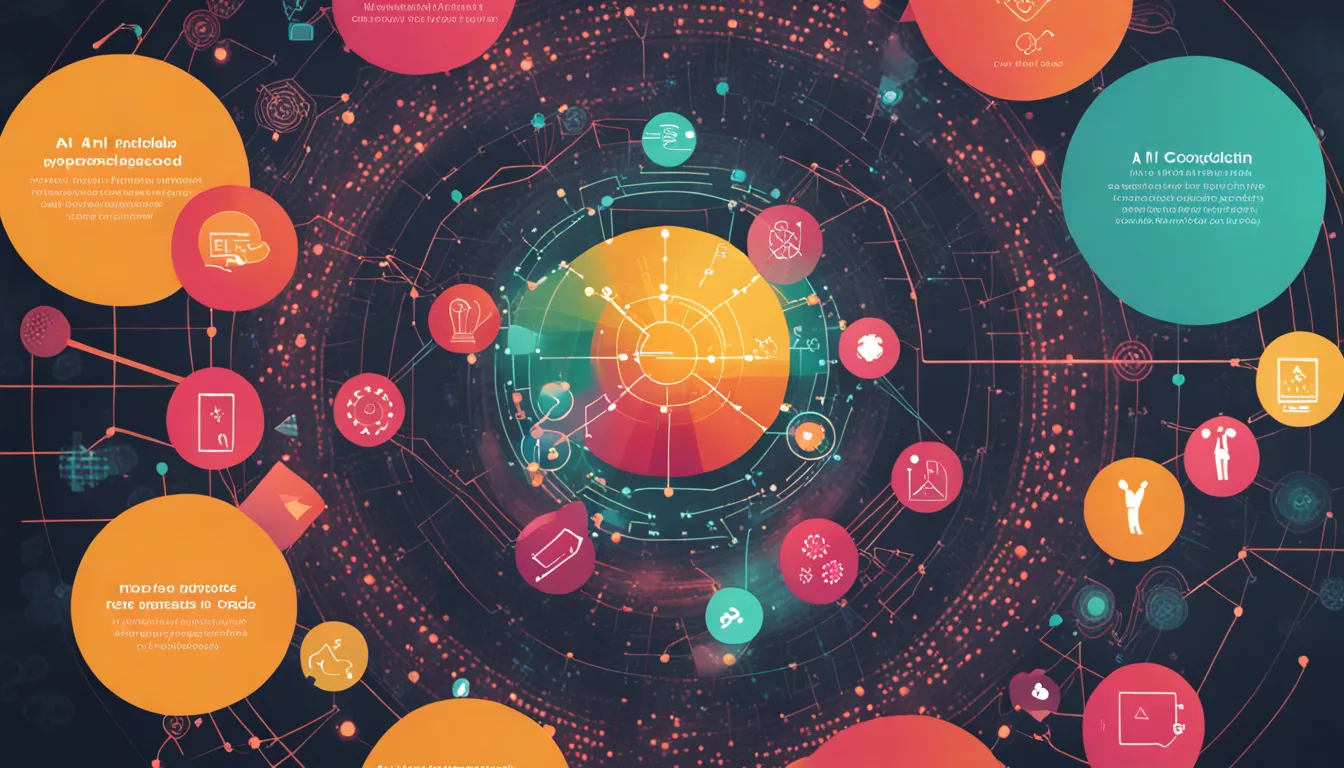developments can be a daunting task. In this article, we will explore some of the most exciting AI trends
to watch out for in 2022. From the rise of explainable AI to the increasing popularity of AI ethics and
responsible AI, we delve into the latest advancements and their implications for businesses and society.
Artificial Intelligence (AI) data analytics continues to evolve rapidly, with new advancements and innovations reshaping the landscape of data-driven decision-making. In this blog post, we’ll take a deep dive into some of the latest advancements in AI data analytics and their potential implications for businesses and industries.
1. Deep Learning Breakthroughs
Deep learning, a subset of machine learning that mimics the human brain’s neural networks, has seen remarkable advancements in recent years. Breakthroughs in areas such as natural language processing (NLP), computer vision, and reinforcement learning have paved the way for exciting new applications.
2. Explainable AI (XAI)
Explainable AI, or XAI, is gaining traction as organizations seek to understand and interpret the decisions made by AI algorithms. With XAI techniques, such as attention mechanisms and model-agnostic approaches, developers and users can gain insights into how AI models arrive at their conclusions, enhancing transparency and trust.
3. Federated Learning
Federated learning enables model training across decentralized devices or servers while keeping data localized and private. This approach allows organizations to leverage data from multiple sources without centralizing it, addressing privacy concerns and enabling collaborative model training in distributed environments.
4. AutoML and Model Optimization
Automated machine learning (AutoML) platforms are democratizing AI model development by automating the process of model selection, hyperparameter tuning, and feature engineering. Additionally, advancements in model optimization techniques, such as neural architecture search (NAS) and gradient-based optimization, are improving model performance and efficiency.
5. AI Ethics and Responsible AI
As AI becomes more pervasive in society, there is growing recognition of the need for ethical AI practices and responsible AI deployment. Initiatives focusing on fairness, accountability, transparency, and ethics (FATE) aim to ensure that AI systems uphold ethical principles and mitigate potential biases and risks.
6. Edge AI and IoT Integration
Edge AI, which involves deploying AI algorithms directly on edge devices, is gaining momentum as organizations seek to process data closer to the source and reduce latency. Integration with the Internet of Things (IoT) enables real-time analytics and decision-making in diverse applications, from smart cities to industrial automation.
Conclusion
The field of AI data analytics is undergoing rapid evolution, driven by ongoing research, technological advancements, and growing demand for intelligent solutions. By exploring the latest advancements in AI data analytics, organizations can stay informed about emerging trends, seize opportunities for innovation, and harness the power of AI to drive business success in an increasingly data-driven world.
